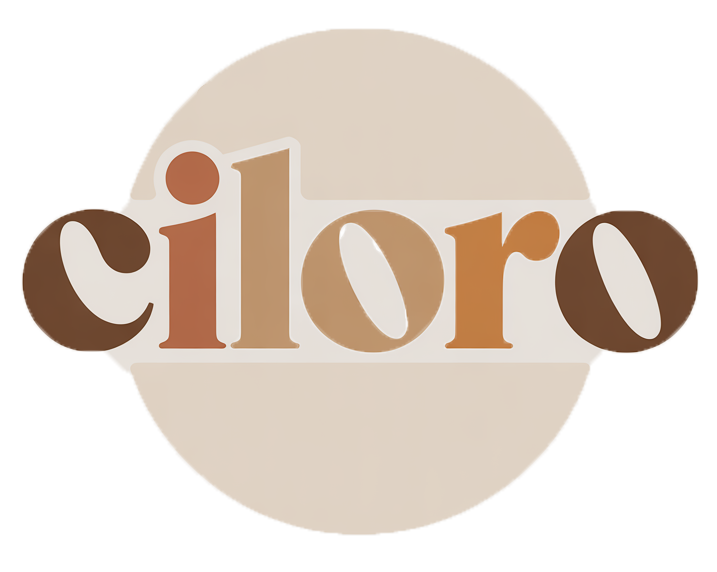Eco-Friendly Home Decor Ideas to Transform Your Space
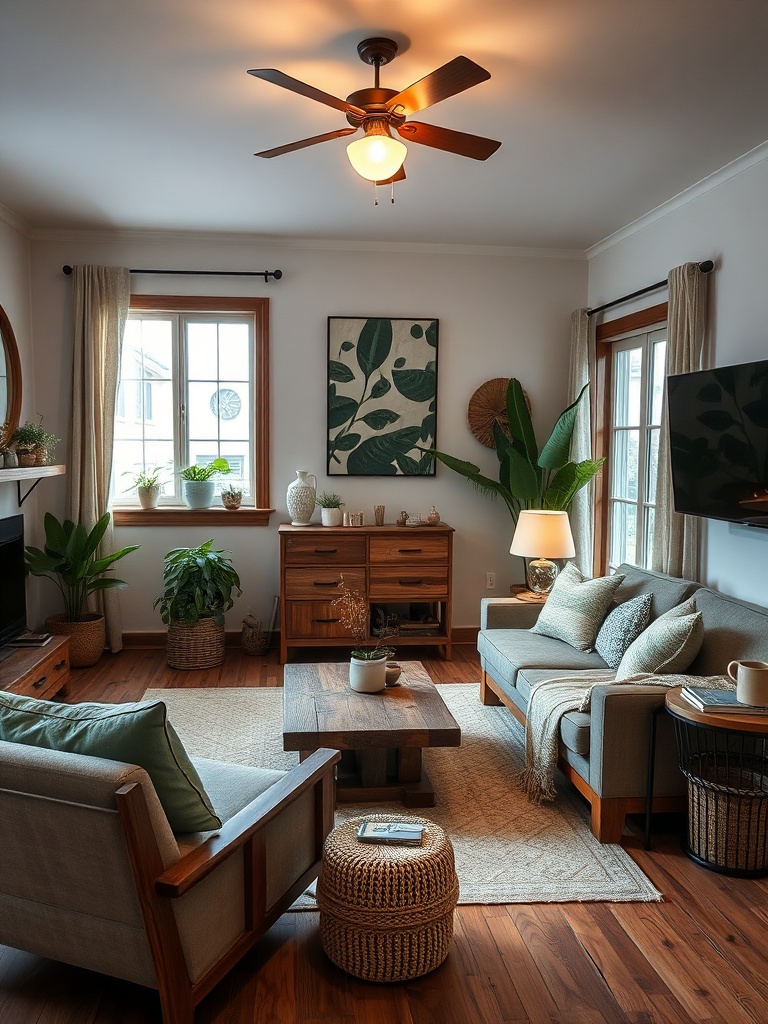
Eco-friendly decor refers to the use of sustainable materials and practices in home decoration. This approach is increasingly important in modern living as it addresses the urgent need to reduce our environmental footprint. Traditional home decor often involves materials and processes that are harmful to the environment, contributing to pollution and resource depletion. By embracing sustainable choices, we can significantly impact both personal and planetary health. In this article, we will explore various eco-friendly home decor ideas, materials, and practices to help you create a beautiful and sustainable living space.
Understanding Eco-Friendly Home Decor
What is Eco-Friendly Decor?
Eco-friendly decor is characterized by the use of sustainable, non-toxic, and renewable materials. This type of decor focuses on minimizing environmental impact while creating aesthetically pleasing spaces. Common materials include:
- Reclaimed wood
- Bamboo
- Organic fabrics
- Recycled materials
Benefits of Eco-Friendly Home Decor
Choosing eco-friendly home decor offers several benefits:
- Environmental benefits: Reduces carbon footprint and conserves natural resources.
- Health benefits: Utilizes non-toxic materials, improving indoor air quality.
- Aesthetic benefits: Provides a unique, organic style that enhances the beauty of your home.
Sustainable Materials for Home Decor
Reclaimed Wood
Reclaimed wood is a popular choice for furniture, shelving, and wall decor. It is sourced from old buildings, barns, or furniture, reducing the need for new lumber. Benefits include:
- Less deforestation
- Unique character and history
- Durability and strength
Bamboo
Bamboo is one of the most sustainable materials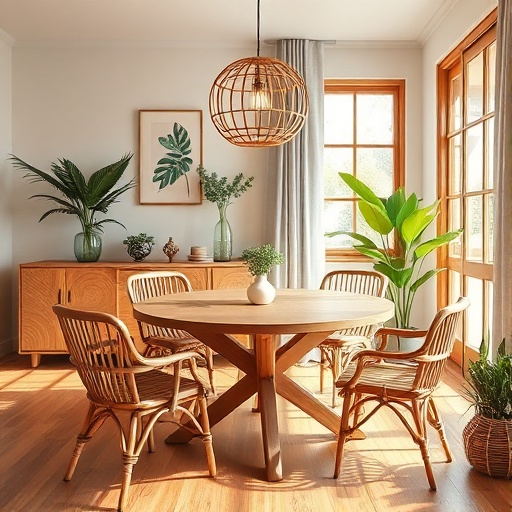
available due to its rapid growth and ability to regenerate. It can be used in:
- Flooring
- Furniture
- Accessories
Organic Fabrics
Organic cotton, hemp, and linen are excellent choices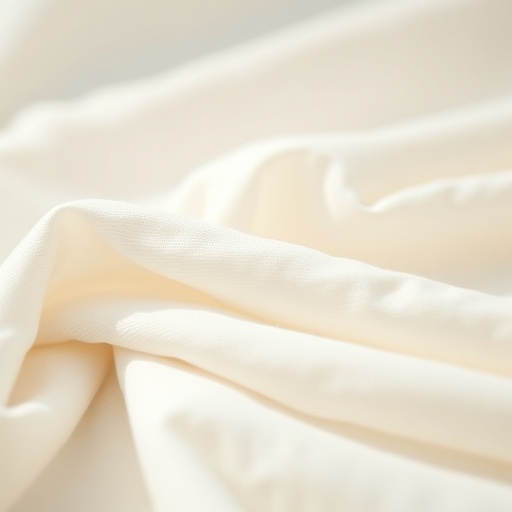
for textiles. When selecting eco-friendly textiles for upholstery and curtains, look for:
- Certifications (e.g., GOTS for organic textiles)
- Natural dyes
Recycled Materials
Innovative uses of recycled materials can create stunning decor items. Examples include:
- Recycled glass vases and decor
- Metal furniture and accents
- Plastic items transformed into art or functional pieces
Green Home Decor Ideas by Room
Living Room
For your living room, consider:
- Eco-friendly furniture: Look for sofas and chairs made from ethically sourced materials.
- Natural fiber rugs: Choose rugs made from jute, sisal, or wool.
- Organic textiles: Use cushions and throws made from organic fabrics.
Kitchen
In the kitchen, opt for:
- Sustainable kitchenware: Incorporate bamboo utensils and recycled glass storage containers.
- Green plants: Use herbs as decor and air purifiers.
Bedroom
Enhance your bedroom with:
- Organic bedding: Invest in sheets and pillowcases made from organic cotton or linen.
- DIY decor: Create wall art using natural elements such as driftwood or dried flowers.
Bathroom
For the bathroom, consider:
- Eco-friendly toiletries: Opt for zero-waste products and refillable containers.
- Upcycling ideas: Create storage solutions using repurposed jars or wooden crates.
Home Office
In your home office, focus on:
- Sustainable desk materials: Choose desks made from reclaimed wood or bamboo.
- Creating a green workspace: Incorporate plants and maximize natural lighting.
Incorporating Plants into Your Decor
Benefits of Indoor Plants
Indoor plants offer numerous benefits, including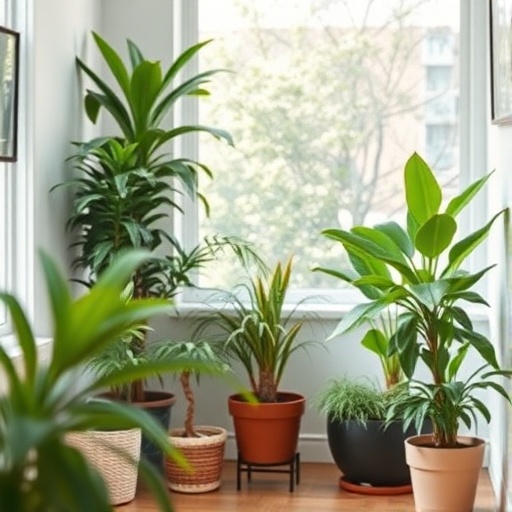
:
- Air purification
- Mood enhancement
- Aesthetic appeal and connection to nature
Best Plants for Home Decor
Consider these low-maintenance options:
- Snake Plant: Hardy and easy to care for.
- Pothos: Thrives in low light and adds beautiful trailing vines.
Choose decorative pots and planters made from sustainable materials to complement your decor.
Upcycling and DIY Decor Projects
What is Upcycling?
Upcycling is the process of transforming old or discarded items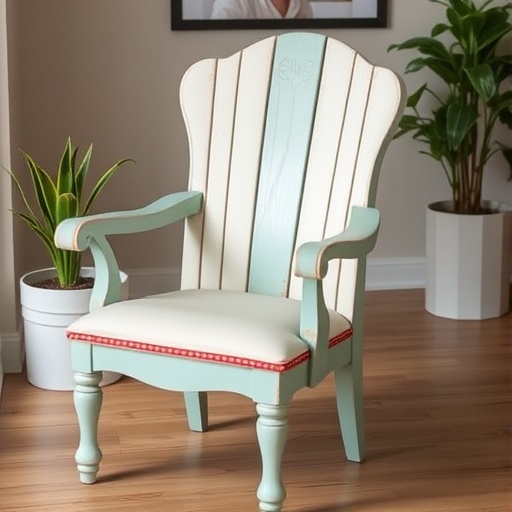
into something new and useful. This practice reduces waste and promotes creativity in home decor.
Creative Upcycling Ideas
Here are some fun projects to consider:
- Furniture makeovers: Paint or re-stain old furniture to give it a fresh look.
- DIY decor items: Create candle holders from glass jars or centerpieces from reclaimed wood.
Energy Efficiency in Decor
Sustainable Lighting Options
Consider the following lighting options: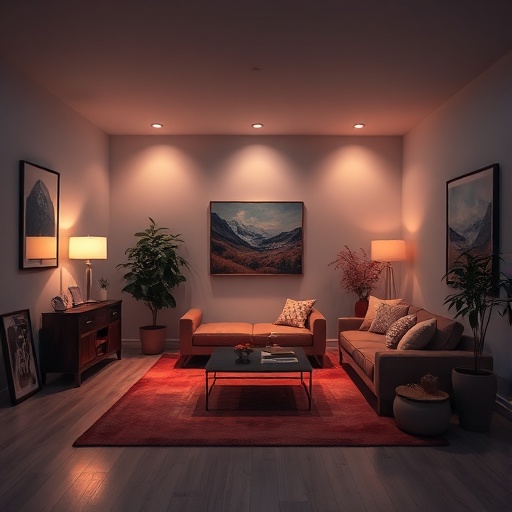
- LED lighting: Energy-efficient and long-lasting.
- Solar-powered lights: Ideal for outdoor spaces.
- Natural light: Maximize daylight with strategically placed mirrors and light colors.
Insulation and Window Treatments
For energy efficiency, look into:
- Eco-friendly insulation materials: Options include cellulose and sheep's wool.
- Curtains and shades: Use thermal curtains to enhance energy efficiency.
Color Schemes and Eco-Friendly Paint
Choosing Low-VOC Paint
Volatile Organic Compounds (VOCs) are harmful emissions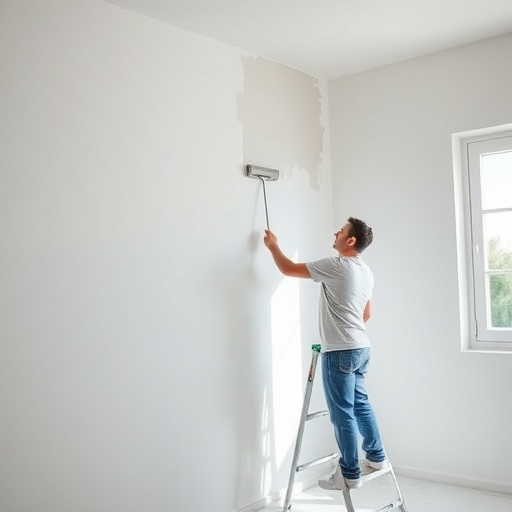
from traditional paints. Low-VOC paints are a healthier choice for your home. Consider the following eco-friendly paint brands:
- Benjamin Moore Natura
- Behr Premium Plus
- ECOS Paints
Color Palette Inspiration
For a calming, natural environment, consider these popular color schemes:
- Earth tones (greens, browns, and tans)
- Soft pastels (light blues, greens, and yellows)
Ethical Sourcing and Fair Trade Decor
Importance of Ethical Sourcing
Ethically sourcing decor items ensures that they are produced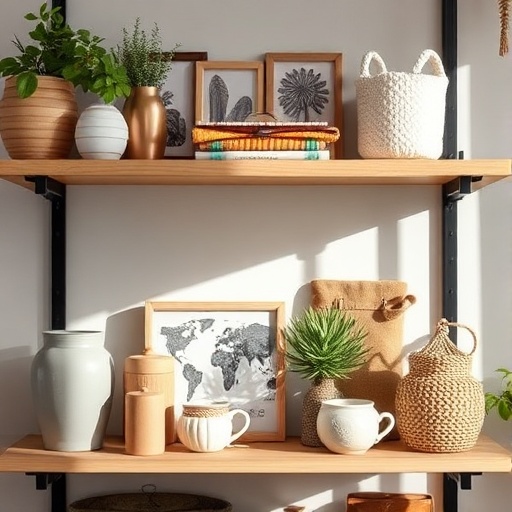
with fair labor practices and sustainable materials. This approach has a positive impact on both the environment and local communities.
Finding Fair Trade Decor Items
To identify fair trade products, look for certifications and labels. Some examples of fair trade decor businesses include:
- Ten Thousand Villages
- Equal Exchange
- World Market
Creating a Sustainable Lifestyle Beyond Decor
Minimalism and Decluttering
Adopting a minimalist lifestyle can significantly enhance sustainability. Benefits include:
- Reduced consumption and waste
- Greater focus on quality over quantity
Tips for decluttering include evaluating your decor choices and letting go of items that no longer serve you.
Sustainable Practices in Daily Life
Integrate eco-friendly habits into your daily management, such as:
- Recycling and composting
- Using energy-efficient appliances
- Encouraging community involvement in sustainability efforts
Key Takeaways
- Eco-friendly decor is essential for modern sustainable living.
- Using sustainable materials reduces environmental impact and improves health.
- Incorporating plants enhances decor and purifies the air.
- Upcycling and DIY projects promote creativity and sustainability.
- Ethical sourcing supports fair labor practices and local economies.
Conclusion
Transforming your space with eco-friendly decor is not only beneficial for the environment but also enhances your living experience. Start small by implementing green changes in your home, and gradually incorporate more sustainable practices. Share your eco-friendly decor journey with friends and on social media to inspire others to make positive changes!
FAQ
What materials are considered eco-friendly in home decor?
Eco-friendly materials include reclaimed wood, bamboo, organic fabrics, and recycled materials.
How can I make my home more energy efficient?
Use LED lighting, maximize natural light, and choose eco-friendly insulation and window treatments.
What are some easy DIY projects for eco-friendly decor?
Consider furniture makeovers, jar candle holders, and wall art made from natural elements.
Why is ethical sourcing important in home decor?
Ethical sourcing ensures fair labor practices and reduces the environmental impact of production.
How can I incorporate plants into my home decor?
Use low-maintenance indoor plants and decorative pots made from sustainable materials for a vibrant touch.
